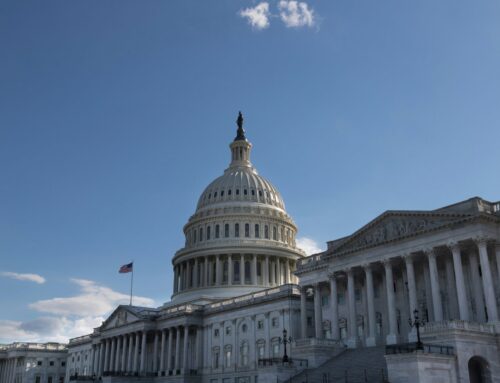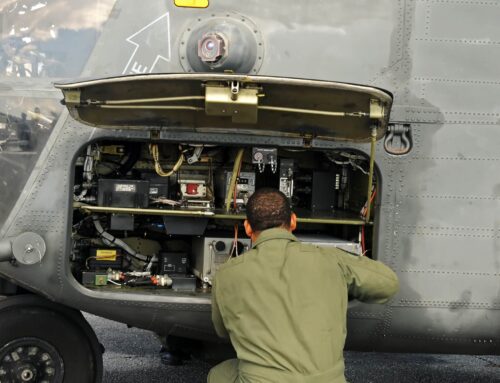This morning Halliburton scrambled to neutralize news that they may have overcharged the Pentagon $61 million for oil shipments to Iraq. Officials from both organizations downplayed the potential scandal: Secretary of Defense Donald Rumsfeld referred to it as a disagreement, while Halliburton officials called the inquiry “a routine audit.”
While we don't think $61 million was a simple disagreement over the tab, we agree with Halliburton on one thing, problems like this have become “routine” in the rebuilding of Iraq. A recent Halliburton proposal for a cafeteria was rejected by auditors for costing $67 million too much. U.S. forces were ready to spend $23 million to repair a cement plant until the Iraqis stepped in and repaired it for roughly one percent of that cost. Unnecessary expenses in arming and training new Iraqi police force personnel have been a result of a lack of transparency in the reconstruction process.
As the costs from a Bechtel and Halliburton rebuilding monopoly continue to mount, Iraq may finally become more than a two company town. Pentagon officials assure us that the next round of bidding, scheduled for December 19th, will be competitive and transparent. At least for some. Unfortunately, it will not include many countries that have much – both in expertise and funding – to offer to the reconstruction effort: France, Germany, Russia, Canada and others.
This round of bidding is worth nearly $19 billion and making it competitive is a welcome improvement over the last round of contracts, which were just handed to Halliburton and Bechtel. But by not allowing some of the wealthier, more industrialized nations in the world to participate, we are potentially setting back our efforts to get more financial contributions for Iraq reconstruction.
The administration is running the risk of sabotaging its own efforts at debt relief, which is crucial in the effort to get an economically devastated Iraq back on its feet. The best way to get other countries diplomatically and financially invested in rebuilding Iraq is to make it in their business interest. It does not make sense to spite countries that refused to participate in the war when $120 billion in debts are at stake. As the wedge between the United States and our allies grows deeper, the chances we will receive reconstruction aid from them in the future grows dimmer.
Despite disagreements between the US and its allies in the run up to the war and in the months following it, countries recently excluded from the process have shown a willingness to make amends. In September, Germany and France offered to provide free training for Iraqi police officers, training that was refused and instead cost American taxpayers $1.2 billion.
Yesterday, a German government spokesman announced that the question of debt relief would be considered without regard for the exclusion of German companies from the bidding process. “There is no direct link between the two topics,” is the official line from Germany. This magnanimity is admirable, but it is highly unlikely that the same treatment can be expected from others. In fact, Russia is already threatening to drop the matter of debt forgiveness altogether.
Cutting other countries, particularly those with deeper pockets, out of the rebuilding process is not going to help us create a democratic and stable Iraq. Open involvement in the bidding process to everyone will ensure a greater degree of competition, a better deal for American taxpayers, and a better product for the Iraqi people. Excluding some nations is in no one's interest diplomatically and only stands to benefit Halliburton and Bechtel financially.










